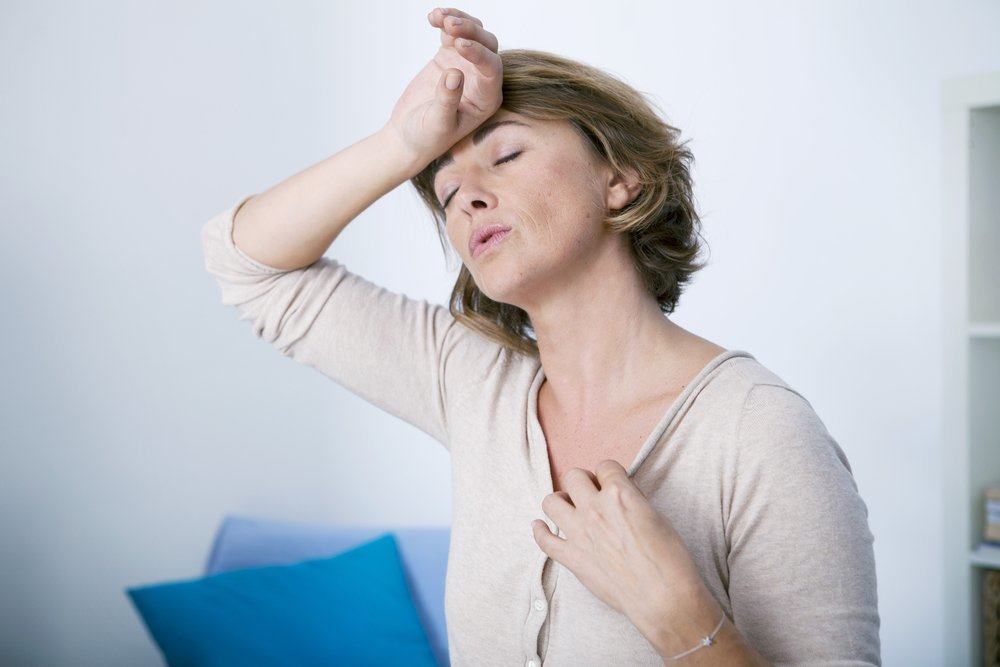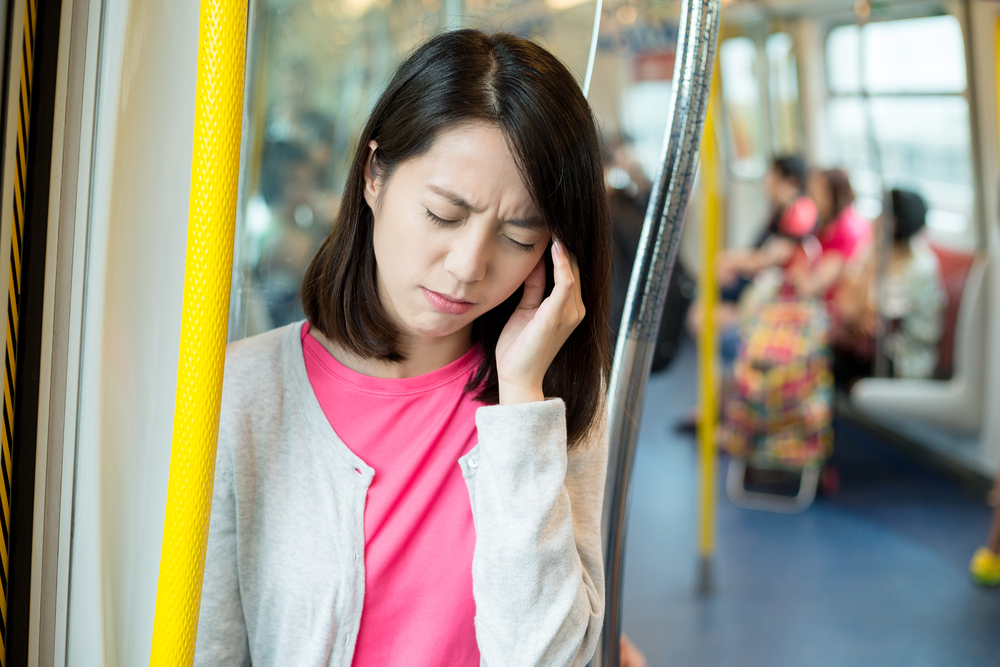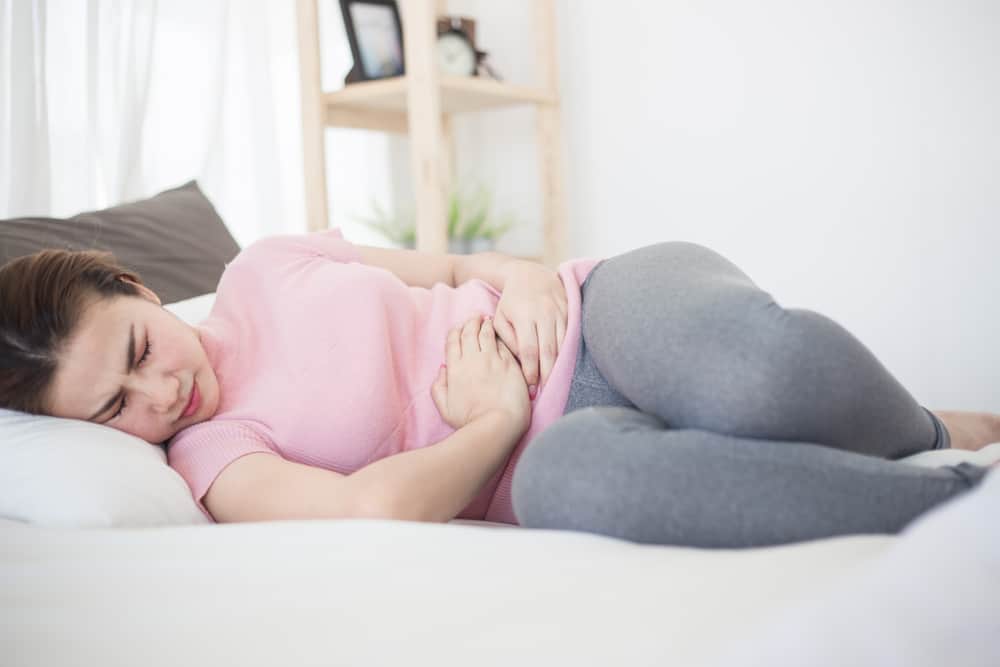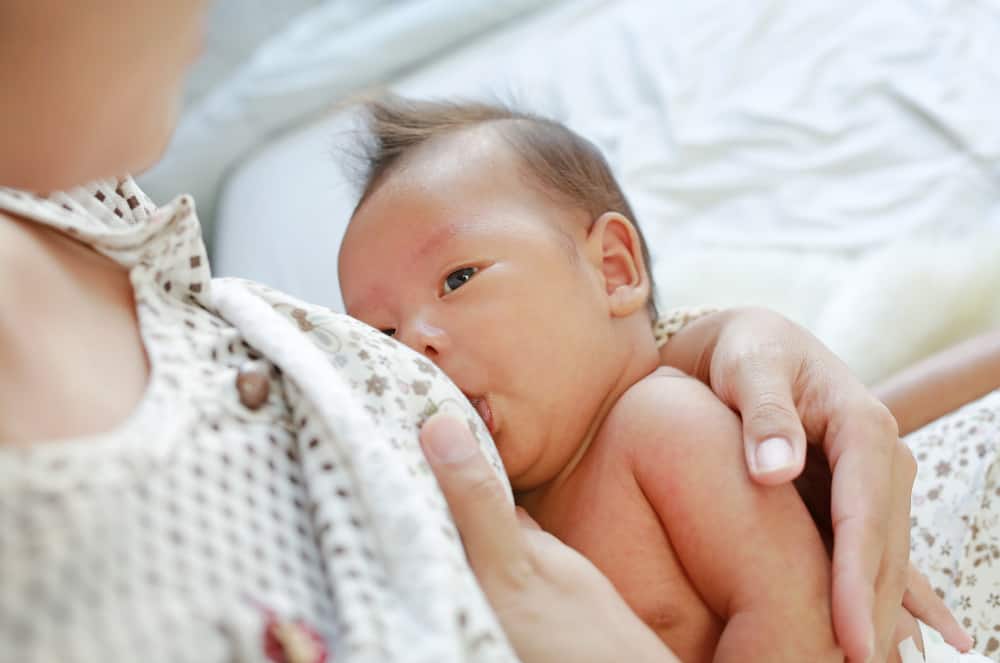Contents:
- Medical Video: 7 Signs That Say You Could Have An Early Menopause
- 1. Changes in the menstrual cycle
- 2. Hot flashes
- 3. Vaginal dryness and pain during intercourse
- 4. Insomnia or trouble sleeping
- 5. Urinary tract problems
- 6. Decreased sexual arousal
- 7. Mood disorders (mood)
- 8. Changes in skin and hair
Medical Video: 7 Signs That Say You Could Have An Early Menopause
Menopause is something that cannot be avoided by all women. Some women can go through menopause without experiencing unpleasant symptoms, but some have to experience symptoms that are quite uncomfortable. The symptoms of menopause experienced by women before menopause are a result of reduced female sex hormones namely estrogen and progesterone. So, what symptoms might a woman approach menopause?
1. Changes in the menstrual cycle
You may experience changes in the menstrual cycle. The amount of blood that comes out during menstruation may also be more, less, or maybe just in the form of spots or spotting. Your menstrual duration may also be shorter.
If you don't have menstruation at the time you should, make sure you get rid of the possibility of getting pregnant. If you are not pregnant, not having menstruation on schedule may be a marker of the start of your menopause. If you experience spotting after not having menstruated for 12 consecutive months, you may need to consult a doctor to rule out the possibility of a more serious condition such as cancer.
2. Hot flashes
Hot flashes is a condition where you experience a sensation of heat, either at the top of your body or even entirely. Your face and neck may become red and you may become sweaty. Intensity hot flash can vary from mild to strong, even to disturb sleep. This condition usually lasts from 30 seconds to 10 minutes. Most women experience this condition for one to two years after their last menstruation. Hot flash it may continue after menopause, but over time, this condition will be increasingly rare. Consult your doctor if your symptoms are very disruptive to activity.
3. Vaginal dryness and pain during intercourse
The reduced production of estrogen and progesterone can affect the moisture of the thin layer that lines the vaginal wall. The symptoms you experience can be itching or heat in the vaginal mouth. Dryness in this vaginal area can cause pain when having sex. To overcome this, you can try water-based lubricants, or vaginal moisturizers. Consult your doctor if you still feel uncomfortable.
4. Insomnia or trouble sleeping
During menopause you can experience problems sleeping or maintaining your sleep. You may wake up earlier than usual and have difficulty sleeping again. To get enough rest, try various relaxation and breathing techniques. You can also exercise during the day so that you are tired enough to sleep at night. Avoid opening your cellphone or computer before going to bed because the blue light from the gadget can make it difficult to sleep. Bathing, reading, or listening to slow songs may help you relax. Try to sleep at the same time every night and avoid foods or drinks that can affect sleep such as chocolate, caffeine, or alcohol.
5. Urinary tract problems
Difficulty holding back the urge to urinate is a natural thing experienced by women approaching menopause. You may experience the urge to urinate even if your bladder is not full. You may also experience pain when urinating. This is because during menopause, the tissues in your vagina and urinary tract lose their elasticity. In addition, the muscles surrounding your pelvis are also weakened. To deal with it, you can drink water more often, avoid alcoholic drinks, and do kegel exercises to strengthen your pelvic muscles.
Decreasing estrogen levels in the body can also make you more susceptible to infection. Some women can become more frequent urinary tract infections at this time. If you experience frequent urination, or experience a sensation of heat when urinating, you may need to consult a doctor.
6. Decreased sexual arousal
Decreasing estrogen levels can slow orgasm reactions, slow down the clitoral reaction, and cause vaginal dryness. These conditions can cause decreased sexual desire. You can consult a doctor if your decrease in arousal is caused by other problems such as pain during intercourse.
7. Mood disorders (mood)
Changes in hormone production can affect the mood of women who are facing menopause. Some women experience disorders such as anger, depression, and mood swings. It is important for you to know that hormonal changes can affect your brain, and your condition is very natural to experience.
8. Changes in skin and hair
As we get older, decreasing fat tissue can make your skin drier and thinner. Reduced estrogen can also make your hair more brittle and dry. Avoid using hair care products with chemicals that are too strong, because it can worsen hair damage.
READ ALSO:
- This is what happens to a woman's body at menopause
- 9 Diseases That Stalk Women After Menopause
- Why Can A Woman Have Early Menopause?












